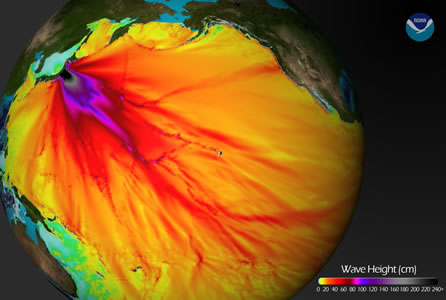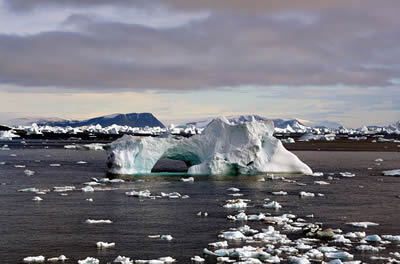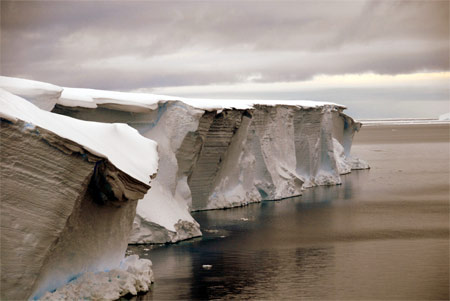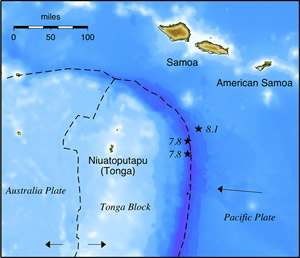Teacher Resources
Welcome to the Teacher Resources section of Windows to the Universe, where we try to collect resources of our own, as well as of partner organizations that we think you will be interested in. We regularly update this section with information about our web seminars, workshops and new classroom activities. We also provide links, below to several of our key resources, including motivational quotes, Earth science literacy frameworks, materials from our professional development workshops, our Teacher Opportunities calendar (Members Only), and a link to our free monthly Earth and Space Science Educator Newsletter. Windows to the Universe and its educational resources have been reviewed by NASA's Office of Space Sciences and Earth Science Enterprise, receiving exemplary status.
Teachers - Become an Educator Member of Windows to the Universe for special benefits and opportunities, including information about valuable special offers for classroom grants, professional development with travel and/or stipends, research grants, and more!
Windows to the Universe is now offering on-site professional development workshops for teachers. Find out more about this opportunity here. Information about our upcoming workshops and events at the NSTA conference in Indianapolis is available under 2012 on our Teacher Resources/Workshops page.






Please log in
Science Blogs
Real Climate: climate science from climate scientists

Windows to the Universe, a project of the National Earth Science Teachers Association, is sponsored in part is sponsored in part through grants from federal agencies (NASA and NOAA), and partnerships with affiliated organizations, including the American Geophysical Union, the Howard Hughes Medical Institute, the Earth System Information Partnership, the American Meteorological Society, the National Center for Science Education, and TERC. The American Geophysical Union and the American Geosciences Institute are Windows to the Universe Founding Partners. NESTA welcomes new Institutional Affiliates in support of our ongoing programs, as well as collaborations on new projects. Contact NESTA for more information.






